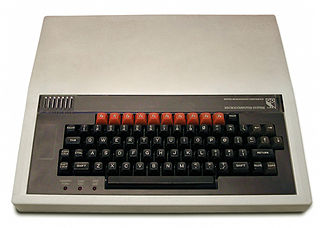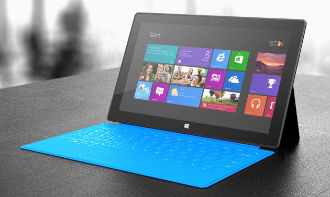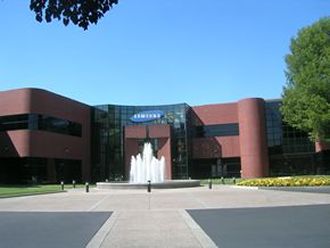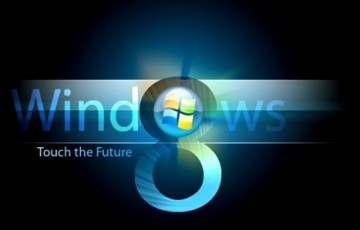 Work placements at degree stage help prepare IT students for full time work, yet the cost and pressure of finding them can put many off, a work experience professional has said.
Work placements at degree stage help prepare IT students for full time work, yet the cost and pressure of finding them can put many off, a work experience professional has said.
The comments follow a survey of 320 graduates from CWJobs, which found that those who had completed a placement year had been better prepared to enter the world of work when they had finished their degree.
A quarter of those asked said they had completed a placement while studying for their degrees. Of these, 81 percent said they felt the experience had helped them when it came to their IT career.
Just under half of students who had not completed a placement year admitted that they did not feel that just having a degree better placed them for the world of work.
According to recruitment firm Experis, and IT jobs site CWJobs.com, which jointly conducted the research, employers often look for students who had completed relevant work experience.
However, they pointed out that of the 2,048 computing courses offered in the UK, only 470 offer a placement year.
According to a work experience expert, many students who don’t have the option of a sandwich course will fail to find a placement during their time at university.
“At university level things change slightly from school age where it is down to each borough to place a 16 year old in a work experience placement”, she told ChannelEye. “At degree level, it’s no longer down to the government to place students, which in some ways, considering the tuition fee hike is unfair.
“It means that on top of their workload students are put under pressure- with probably minimal help from their tutors, to find placements to accompany their course. There may be companies who are signed up with the course but the competition is rife.”
There are financial costs involved too.
An article in the Guardian last year suggested that some universities can charge up to around £4,500 for sandwich years, while businesses are also reluctant to become a part of this scheme as they don’t have the time to supervise these students.
“Placements are very important, but for some, the time and effort associated with these put students off and, as we’ve seen from this research could prove detrimental in the future,” the work experience expert added.
Meanwhile, the Chartered Institute for IT announced that it is launching a teacher training scholarship aimed at creating the next generation of computer science teachers.
The organisation wants secondary schools to “have outstanding computer science teachers” and it hopes the scholarships will help towards achieving this.
The scheme also aims to help students receive a good grounding in computer science education so they are suitably equipped for progression into further education and a professional career.
A Department for Education spokesperson said: “We need to bring computational thinking into our schools. Having Computer Science in the EBacc (English Baccalaureate) will have a big impact on schools over the next decade.
“It will mean millions of children learning to write computer code so they are active creators and controllers of technology instead of just being passive users. It will be great for education, great for the economy, and will help restore the spirit of Alan Turing and make Britain a world leader again.”
Fifty scholarships per year, each worth £20,000, will be awarded for those engaged in an initial teacher training course, with the funding supplied by the Department for Education.
The scheme will also be backed by the likes of Microsoft, Google, IBM, BT, Facebook, Meta Switch Networks and Ocado.
 Microsoft’s Surface RT tablet rollout came and went without much fanfare. Although Redmond’s first crack at the tablet market received relatively positive reviews, consumers seem unfazed and many of them are choosing to trade in their new tablets.
Microsoft’s Surface RT tablet rollout came and went without much fanfare. Although Redmond’s first crack at the tablet market received relatively positive reviews, consumers seem unfazed and many of them are choosing to trade in their new tablets.









